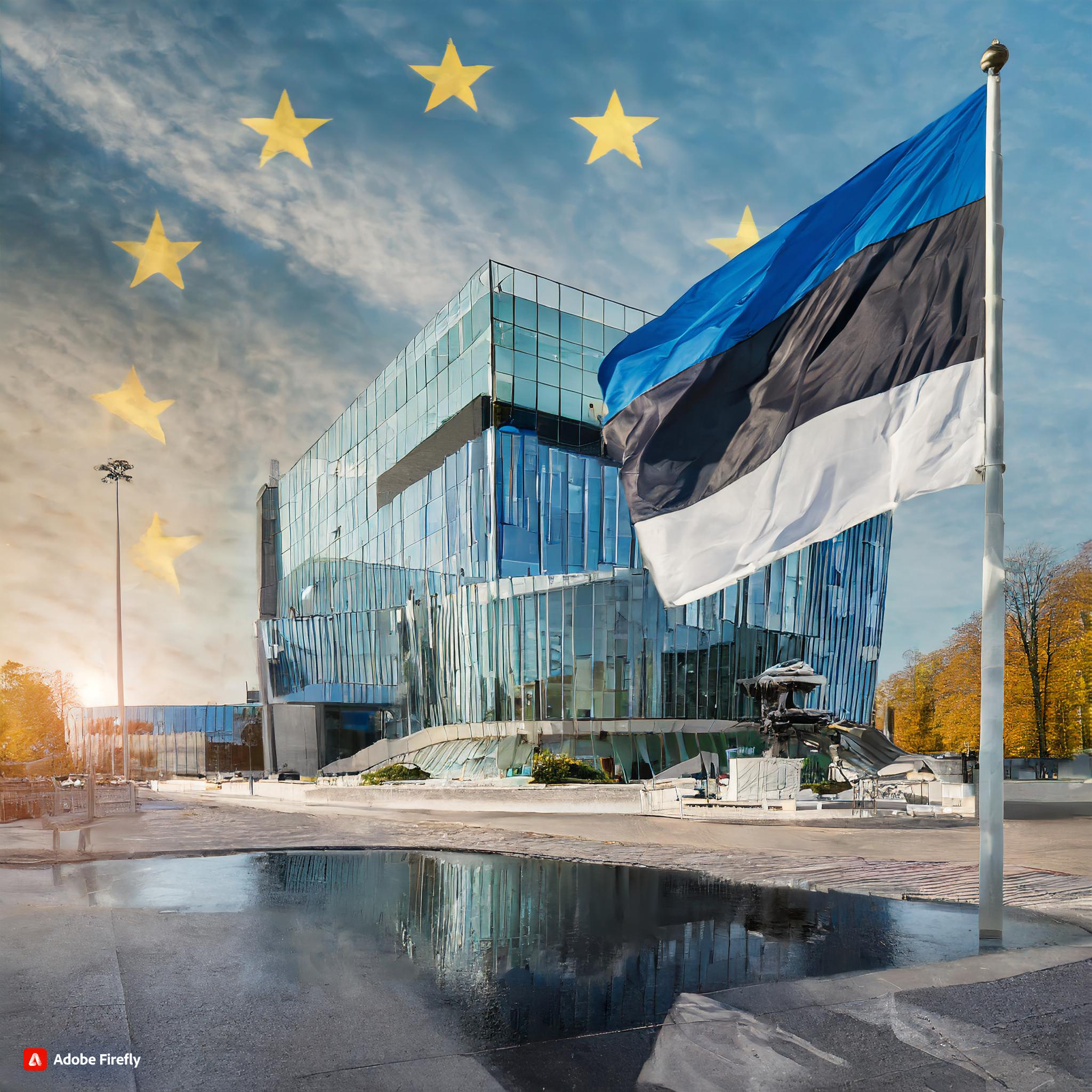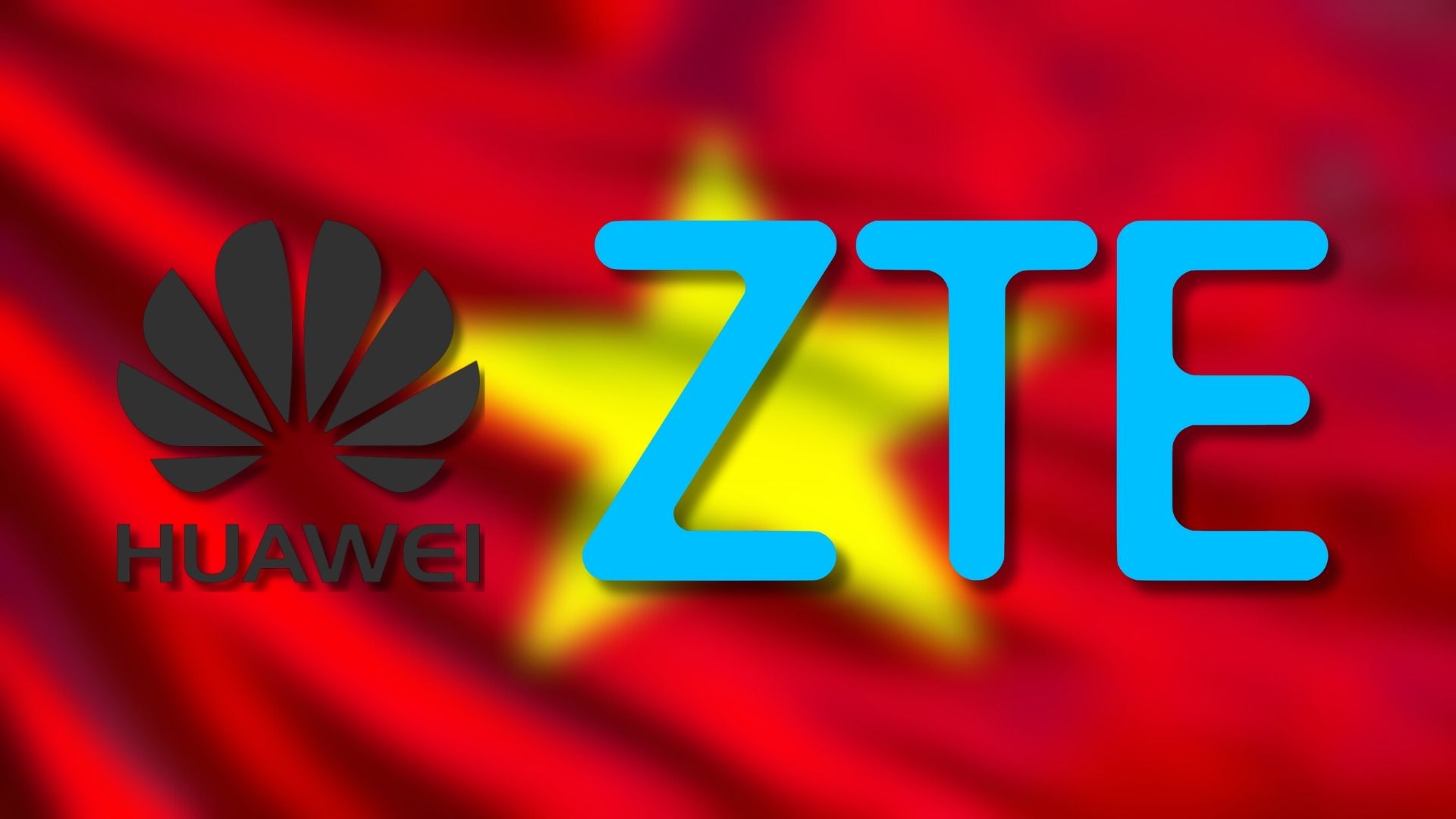Italy’s competition authority has launched an investigation into Meta over potential dominance in AI chatbots. Regulators are reviewing the new WhatsApp Business terms and upcoming Meta AI features. They say the changes could restrict rivals’ access to the platform.
Officials in Italy warn that the revised conditions may limit innovation and reduce consumer choice in emerging AI services. The concerns fall under Article 102 TFEU. The authority states that early action may be necessary to prevent distortions.
The case expands an existing Italian investigation into Meta and its regional subsidiaries. Regulators say technical integration of Meta AI could strengthen exclusionary effects. They argue that WhatsApp’s scale gives Meta significant structural advantages.
Low switching rates among users may entrench Meta’s market position further in Italy and beyond. Officials say rival chatbot providers would struggle to compete if access is constrained. They warn that competition could be permanently harmed.
Meta has announced significant new AI investments in the United States. Italian regulators say this reflects the sector’s growing influence. They argue that strong oversight is needed to ensure fair access to key platforms.
Would you like to learn more about AI, tech, and digital diplomacy? If so, ask our Diplo chatbot!









